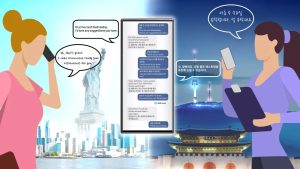On Tuesday, California achieved a significant milestone by becoming the third state in the United States to enact a “right to repair” consumer protection law. This legislation, known as SB 244, was signed into law by Governor Gavin Newsom, following in the footsteps of Minnesota and New York.
The California Right to Repair bill was initially introduced in 2019 and received overwhelming support when it passed through the state legislature in September. The signing of this bill is seen as a triumph for consumers and the environment. Jenn Engstrom, the state director of CALPIRG, remarked that it is a common-sense victory. She highlighted the current practice of extracting precious minerals from the planet, using them to create electronic devices, and ultimately discarding them after just a few years of use. Engstrom stressed the importance of manufacturing products that are durable and repairable, a goal that Californians will now be able to achieve thanks to the Right to Repair legislation.
This new law has practical implications for the tech industry as well. It directly mandates that all electronics and appliances sold in the state for $50 or more after July 1, 2021 (two years ago) will fall under the scope of this legislation, which takes effect on July 1, 2024. Device manufacturers will be required to maintain replacement parts, tools, and documentation for three years for items priced between $50 and $99. For products valued at over $100, the coverage extends to a full seven years. Non-compliance with these regulations will result in fines, starting at $1,000 per day for the first violation, increasing to $2,000 for the second, and reaching $5,000 per day for subsequent violations.
While there are exceptions to the law, such as exempting game consoles, alarm systems, and heavy industrial equipment that significantly impacts the state’s economy, public interest, and welfare, this legislation has garnered widespread support. State Senator Susan Talamantes Eggman, a co-sponsor of the bill, expressed her enthusiasm for the law’s passage, emphasizing its benefits for small repair shops, consumer choice, and environmental protection.
Notably, even Apple, known for its “walled garden” approach to product ecosystems, backed this legislation, despite opposing similar proposals in other states. The tech giant’s support was founded on the belief that SB 244 includes provisions safeguarding individual user safety and security, as well as the intellectual property of product manufacturers.




